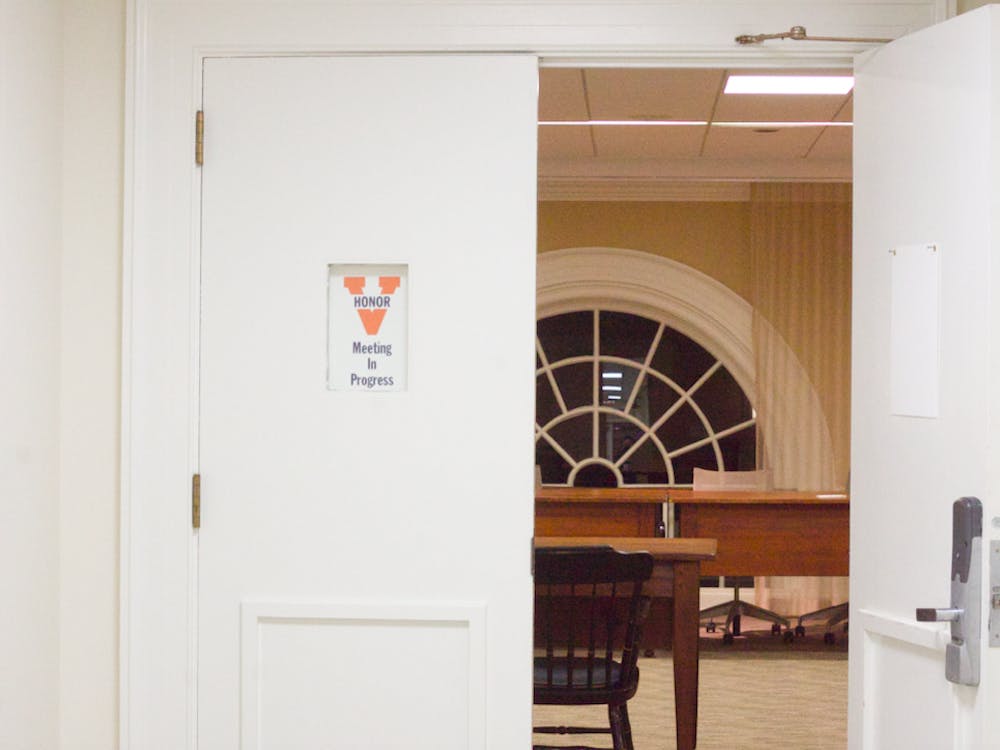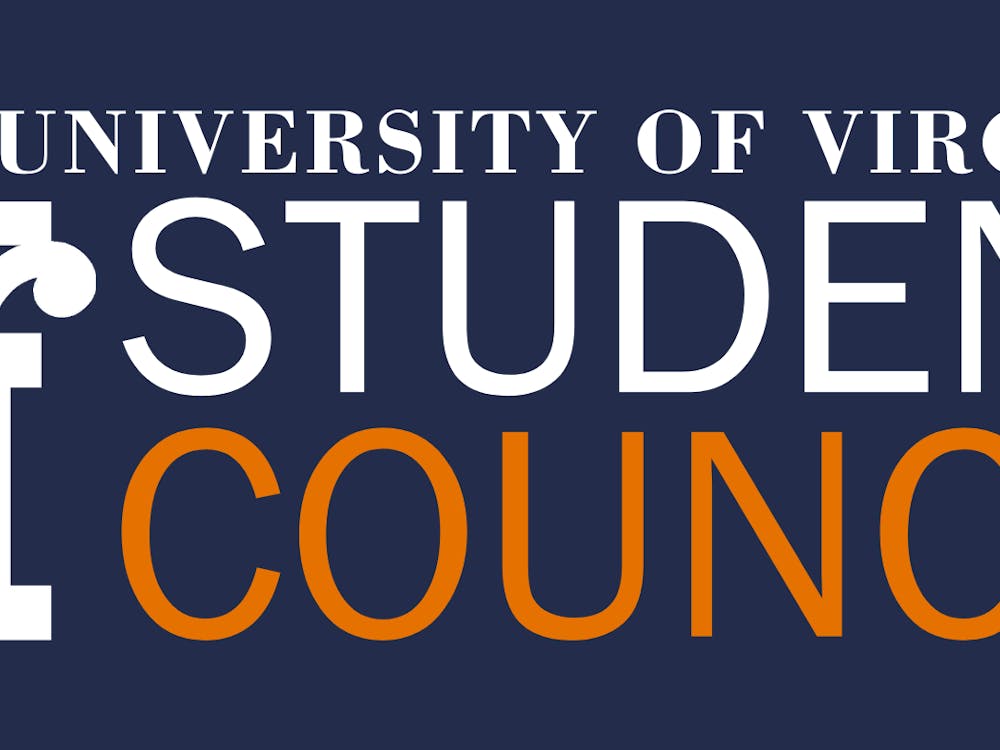The humanities get a bad reputation. Creative career pursuits such as writing or hip-hop are not seen by many as viable career paths. Parents may ask why such bright young adults would throw their lives away on a dead-end path that will not lead to success. To the hopeful music major, defying parental pressures can be daunting. So he may study something else, something safer. Artists major in economics, writers go down the pre-medical path and dreams are slowly pushed back into the “Do Not Enter” part of their brains.
Why are the artistically minded, philosophical souls looked upon as frivolous? Why should a degree in English be seen as inferior to a degree in finance?
The main problem here is the tendency to put “practical values” on a pedestal, so to speak. To be fair, there is merit to the idea that certain majors tend to make more money. According to the analysts at PayScale, a compensation research firm, in terms of “growth in salary and wealth of job opportunities, engineering and math reigned supreme.” It is important to note neither one of those career paths would be considered part of the humanities. And yet, some of us are still left wondering if it is worth it to put practical values above genuine fulfillment.
The words “stick with a degree so that you can get a job” echo through the minds of students who are on a path they do not want. The burden is monumental and can lead some astray. According to the Anxiety and Depression Association of America, “anxiety disorders are one of the most common mental health problems on college campuses,” with a staggering 13 percent of students diagnosed with a mental health condition, such as an anxiety disorder or depression. With these mental health problems so prevalent on college campuses, it’s possible part of the problem stems from the pressure students feel to pursue career paths only their parents want.
I was always taught by my parents that in order to be truly successful you have to search for where you will achieve the maximum level of happiness. It seems to strange to me that a monumental 52.3 percent of Americans are unhappy with their work, according to Conference Board, a nonprofit research group. Is it really that important to get on a career path where you will be making six figures if you will be miserable? If you think about it, you will be working close to forty hours a week, for perhaps thirty to fifty years of your life.
I am not saying creative career paths are any better than others. I simply feel humanities majors get a bad reputation, and unjustly so. It’s not easy to break a stigma in a culture so obsessed with greed, but starting the conversation is imperative. Supportive parents would be extremely helpful to this effort, but the most direct action would be for students to readily get information about majors and careers that interest them. There are plenty of ways for students to make a living doing what they love — a pre-professional education at the expense of self-fulfillment and happiness is not worth it.
Gabriella Perkes is a Viewpoint writer.





